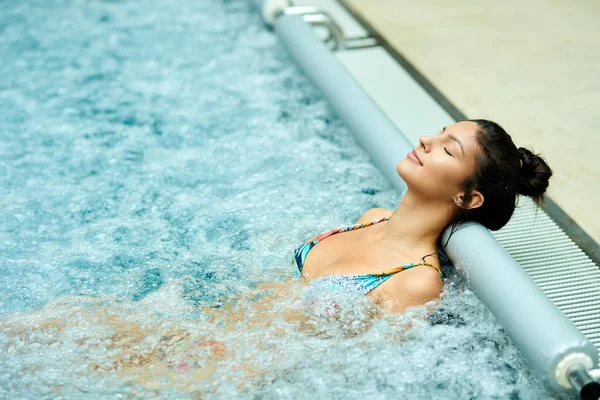
Maximize Available Pool Comfort Options
Pools provide leisure and fun, as well as foster good health by serving as venues for exercise and fitness. Aside from this, it’s a great place to spend time and make new memories with family and friends. Thus, it’s important that our pools are well-maintained to promote health and safety, as well as provide maximum comfort for users. A great way to do this is by utilizing swimming pool heaters and pool pumps.
How Efficient are Pool Pumps and Heaters as an Option for Maximizing Pool Comfort?
When it comes to maintaining pools, it’s important to ensure you have the right tools, such as pool pumps and pool heaters, to maximize pool comfort. Pool pumps are designed to effectively circulate pool water, which cleans and gets rid of debris and other materials that clog and dilute pools. Furthermore, pool heaters are structured to heat the pool water, making it more comfortable for swimmers despite the changing seasons and erratic weather patterns.
The Function and Importance of Pool Pumps
Pool pumps are one of the key components of a pool, as they pull water from the pool and push it into a machine or piece of equipment that filters and treats the water. Once done, the water that is returned is cleaner.
The Common Types of Pool Pumps
There are different types of pool pumps based on their speed setting. Some of these are:
Maximizing Pool Comfort with Pool Pumpst?
Pool pumps are considered the heart of the pool system, as they are responsible for the flow of water that circulates the chemicals that sanitize the pool. It also pulls the water from the pool towards the heater, filter, and chlorinator so that before it goes back to the pool, it is already heated, filtered, and sanitized. The following are some of the benefits of pool pumps:
The Function and Importance of Pool Heaters?
Pool heaters play an integral function in pools, as their main role is to take water from the pool and bring it to a heating tank, which in turn sends warmer water. The exchange of warm and cold water maintains the temperature of the water, making it comfortable to swim amidst the cold temperature.
The Common Types of Pool Heaters?
Pool heaters vary depending on the kind of pool one has and the changing seasons where it is built. That’s why it’s crucial to research what type of heater fits your pool.
Gas Heaters
This type of pool heater uses natural gas or propane inside the combustion chamber. When the water in the pool circulates with the help of a pump, the water pulled from the pool is filtered and heated. The gas in the combustion chambers heats the water that is returned to the pool.
Electric Resistance Heaters
By using electric currents, this kind of pool heater is able to heat a metal resistor or a heating element found inside the unit. Basically, when the water passes this heating element, it absorbs the heat, and warmer water goes back to the pool.
Solar Heaters
Instead of using fuel or an electric heater, solar heaters take advantage of the sun’s energy. This is possible as the water is pumped through a filter and circulated through tubes that transfer the heat from the solar energy collector to the pool water.
Heat Pump Pool Heaters
This pool heater uses a small amount of electricity to heat the water. A fan draws the warm air outside and circulates it through an outer evaporator. Then a liquid refrigerant found within the evaporator absorbs the heat and transforms it into a gas. This warm gas is pumped into the compressor, which adds up heat and generates a hot gas that passes through a heat exchange condenser. After that, the heat pump heater warms the water that circulates in the pool.
